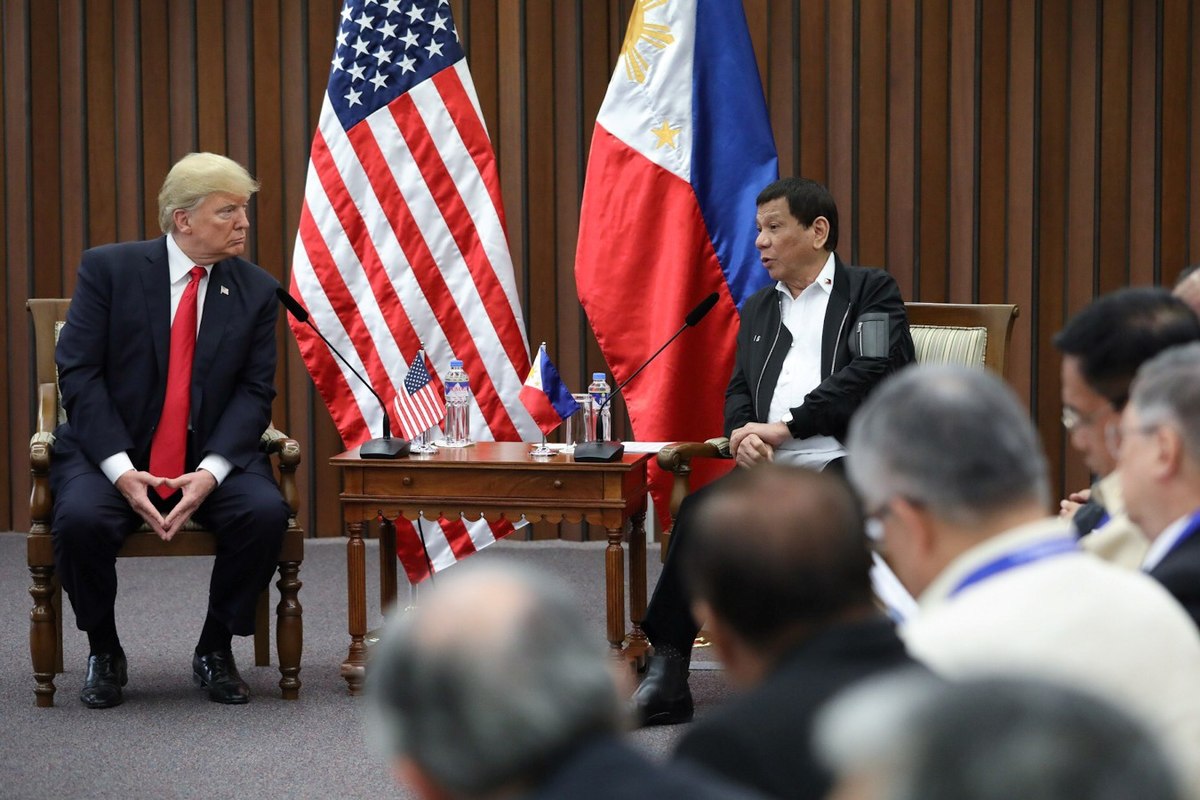
Richard Javad Heydarian, Professorial Chairholder in Geopolitics, Polytechnic University of the Philippines
Jan 29, 2019
The Philippines has announced that it will review the 1951 US-Philippine Mutual Defense Treaty, raising questions about the future of the Philippines’s relations with the U.S. and China. The review, however, also provides a unique opportunity for the two allies to upgrade their partnership.
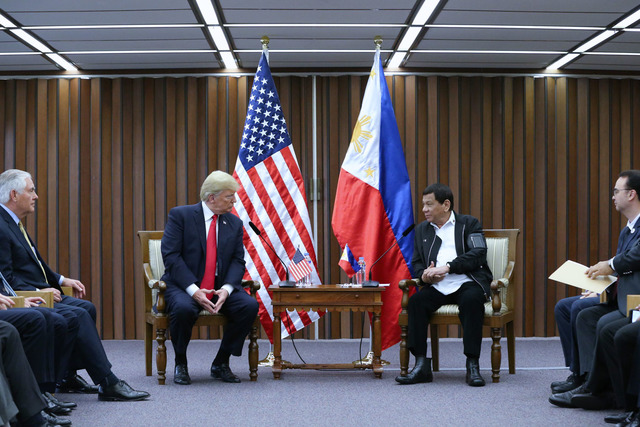
Lucio Blanco Pitlo III, President of Philippine Association for Chinese Studies, and Research Fellow at Asia-Pacific Pathways to Progress Foundation
Dec 22, 2017
President Trump’s attendance at the recently concluded ASEAN Related Summits held in Manila suggests continued U.S. interest in a region touted as among the key engines of global economic growth and development. This is crucial as ASEAN celebrates its golden anniversary amidst fast changing regional dynamics.
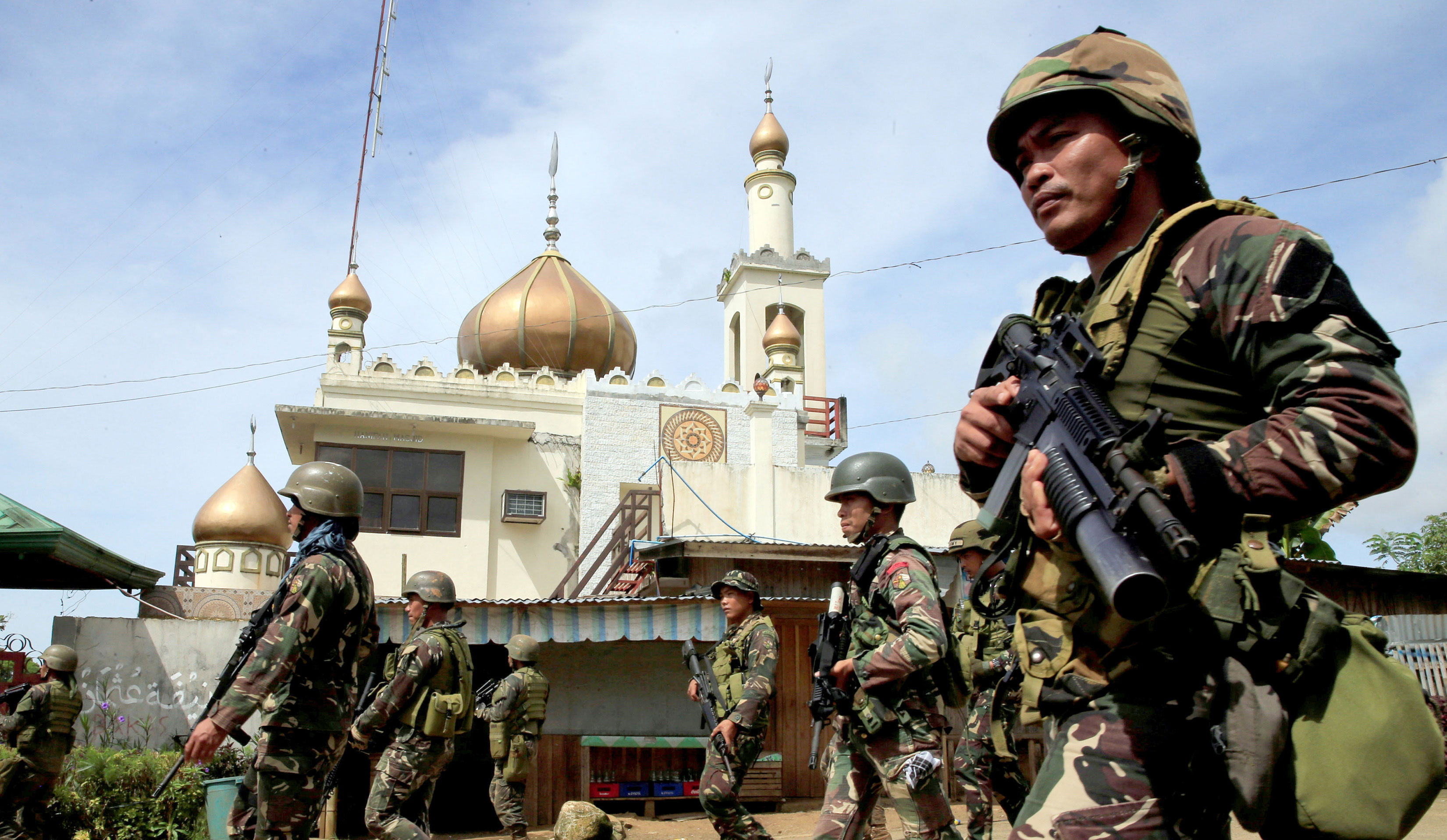
Richard Javad Heydarian, Professorial Chairholder in Geopolitics, Polytechnic University of the Philippines
Nov 01, 2017
After five months of intense firefights between government troops and Islamic State (IS)-affiliated militants, the Battle of Marawi is now effectively over. Yet, the specter of terror in Mindanao is far from over. The Philippines may have managed to contain, at least for the meantime, the prospect of an IS stronghold in its backyard, but religiously inspired extremism and violence will continue to haunt Mindanao for the foreseeable future.
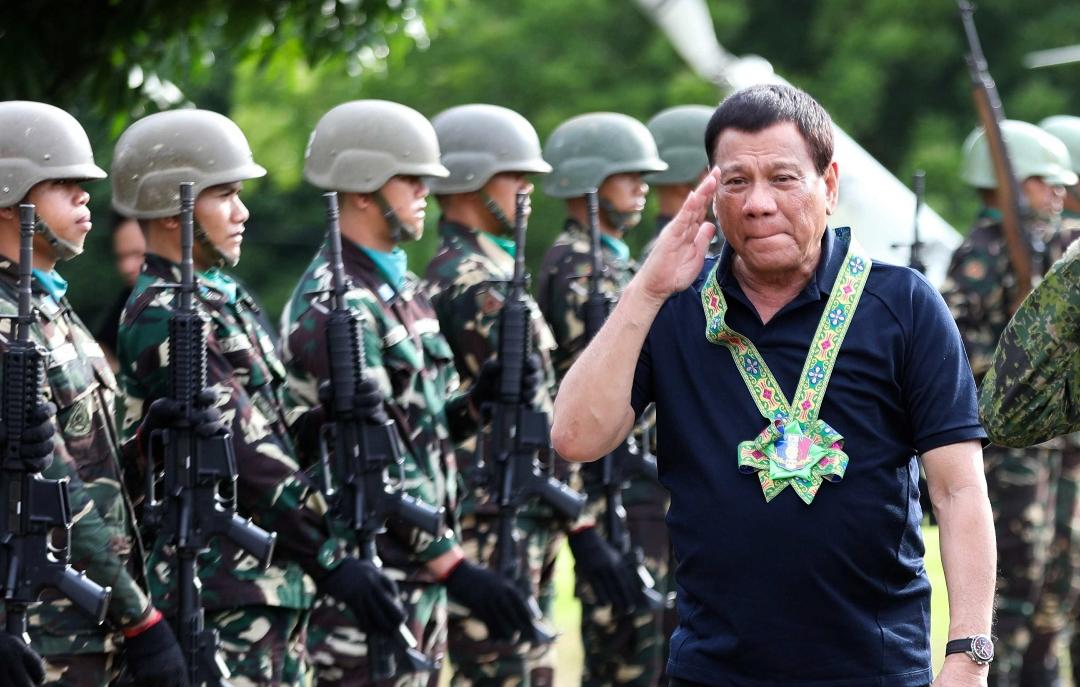
Richard Javad Heydarian, Professorial Chairholder in Geopolitics, Polytechnic University of the Philippines
Jul 10, 2017
After his first year in office, Rodrigo Duterte has arrived at three key realizations: first, it has become increasingly clear he doesn’t have the power to unilaterally shape his country’s defense policy; second is how far he can distance the Philippines from the U.S.; and third, expanding cooperation between the Philippine military and the Pentagon will constrain Duterte’s outreach to China.
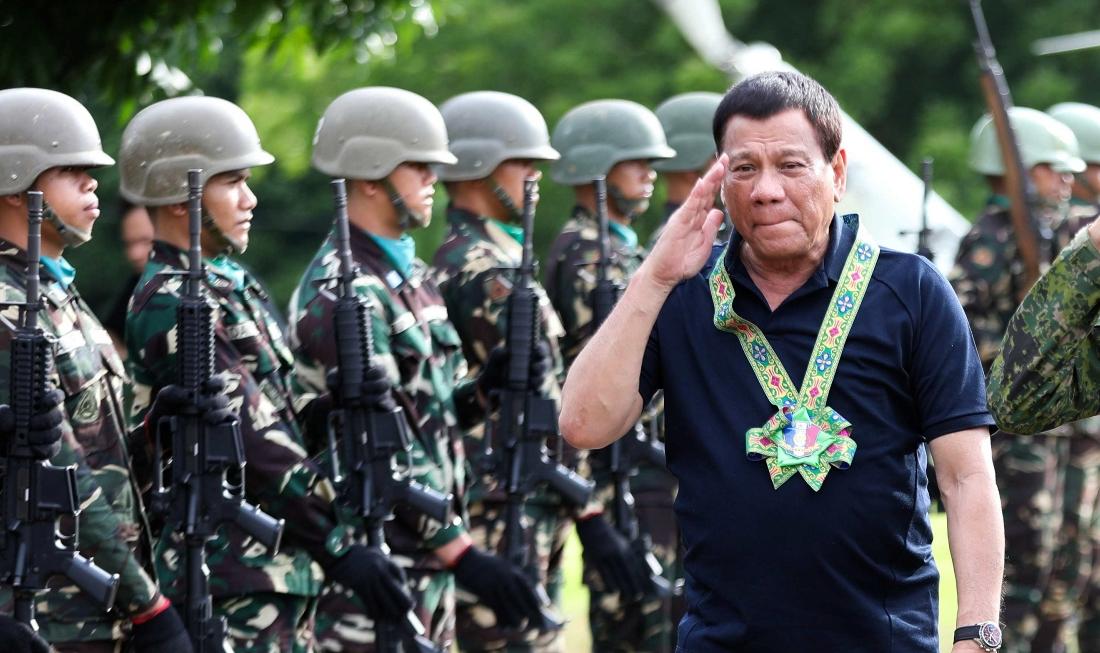
Richard Javad Heydarian, Professorial Chairholder in Geopolitics, Polytechnic University of the Philippines
Jun 19, 2017
Philippine President’s Rodrigo Duterte’s trip to China and Russia in half month, try to reduce the Southeast Asian country’s historical dependence on the United States. All of a sudden, however, the imperative of counterterrorism has brought the Duterte administration and its old allies, particularly Washington, back together.
Richard Javad Heydarian, Professorial Chairholder in Geopolitics, Polytechnic University of the Philippines
Apr 27, 2017
The Philippines is often portrayed as an American ally on the verge of defecting to Eastern powers, with Duterte firmly overseeing this strategic shift. Yet, a closer look reveals that the tough-talking Filipino leader doesn’t have the requisite power to unilaterally reshape his country’s foreign policy, nor is he interested in fully severing ties with the Philippines’ century-old ally, America.
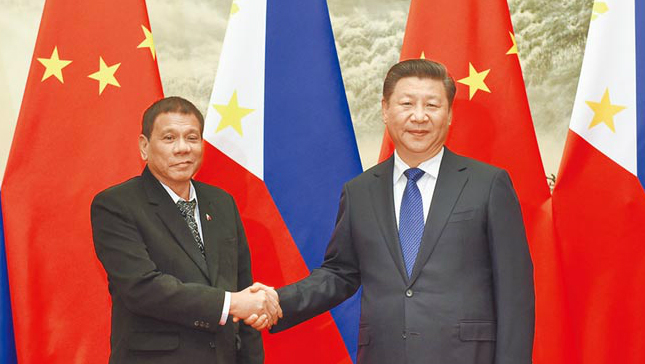
Lucio Blanco Pitlo III, President of Philippine Association for Chinese Studies, and Research Fellow at Asia-Pacific Pathways to Progress Foundation
Apr 27, 2017
Although many criticize Philippine President Duterte’s apparent flip-flopping and unpredictable foreign policy, a careful look will reveal several emerging consistencies in evolving Philippine diplomacy, notably expanding economic ties with China, downplaying security ties with U.S., and managing regional disputes. Furthermore, given evolving regional and global dynamics, President Duterte’s foreign policy ambiguity reflects regional state practice and may actually benefit the Philippines.
Richard Javad Heydarian, Professorial Chairholder in Geopolitics, Polytechnic University of the Philippines
Feb 06, 2017
Duterte, whom some have dubbed as the “Trump of the East”, made it clear that he feels a sense of personal affinity with the new American leader, whom he has described as a kindred spirit, a fellow strongman and anti-establishment populist. There are, of course, legitimate concerns about the possibility of things spiraling out of control if and when mercurial and larger-than-life figures like Duterte and Trump collide. For now, however, Manila is optimistic about a diplomatic reset with its oldest friend, America.
Dan Steinbock, Founder, Difference Group
Jan 13, 2017
As long-needed economic reforms are taking off in the Philippines, regime change plans have been prepared in the U.S. State Department against a democratically-elected president who enjoys very high popular support.
Michael Mazza, Research Fellow, American Enterprise Institute
Nov 01, 2016
Philippine president Rodrigo Duterte has been raising hackles across the Asia-Pacific since his inauguration in June. In his latest broadside directed at the United States, Duterte once again asserted that he wanted all foreign troops out of the Philippines and that he would eventually nix the Enhanced Defense Cooperation Agreement (EDCA). Although such a move does not appear to be imminent, it is worth considering its potential implications for the region.
Back to Top

- China-US Focus builds trust and understanding between the U.S. and China through open dialogue among thought leaders.
- Our Offerings
- Topics
- Videos
- Podcasts
- Columnists
- Research Reports
- Focus Digest
- Stay Connected
-
Thanks for signing up!
- Get the latest stories from China-US Focus weekly.